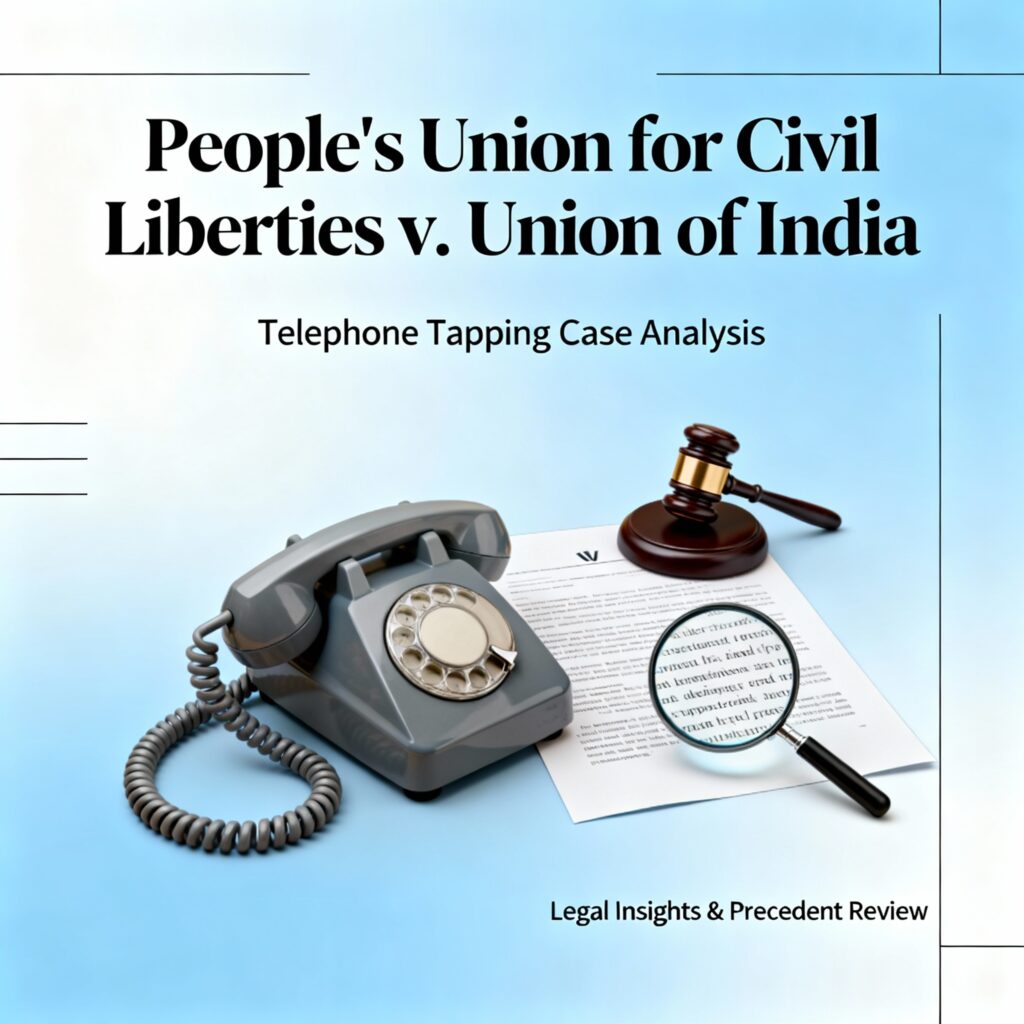Published On: 19th January, 2024
Abstract:
Article 370, a rule that gave special status to Jammu and Kashmir, has been talked about for a long time. In August 2019, the Indian government did something unusual – they got rid of Article 370. This meant taking away the special privileges that Jammu and Kashmir had for more than 70 years. People had different opinions about this. Some thought it was a good move to make Jammu and Kashmir more a part of India, while others believed it took away the state’s rights and went against what the people of Jammu and Kashmir wanted. This article looks into what happens because of removing Article 370, the arguments it caused, and what it might mean for the region and the whole country.
-
Introduction: Understanding Why Article 370 Was Important
Article 370 was a big topic, especially because it was taken away in 2019. This changed a lot of things in the region. But to get why this was a big deal, let’s go back and see why Article 370 was important in the first place.
Article 370 gave Jammu and Kashmir a special status in the Indian Constitution. It let the region have its own rules, flag, and control over things that happened inside, while the main government still had control over defense, foreign affairs, and communication. This special status was like a foundation for how Jammu and Kashmir and the rest of India worked together.
Article 370 started because, during India’s independence and the time after, Jammu and Kashmir had a choice. It could join India or Pakistan. But because things were complicated, and the leader couldn’t decide, Article 370 was added to the Constitution. It was like a temporary rule until everything could be figured out.
Over time, people argued about Article 370. Some said it stopped Jammu and Kashmir from fully being a part of India. They said it gave too many special things to the region, stopping it from growing and getting the same laws as other parts of India.
Others thought Article 370 was important. They said it helped keep Jammu and Kashmir different and let the people there decide things for themselves.
Then, in August 2019, the Indian government did something big – they removed Article 370. This made a lot of people react, not just in the region but also around the world. It led to many changes and arguments that still matter in politics.
Next, we’ll look into what happens because of removing Article 370. We’ll see how it affects how the region is run, its economy, and how Jammu and Kashmir and the rest of India get along. We’ll also check out the arguments about this decision, looking at the legal parts, the politics, and how it relates to human rights.
-
Historical Context: How Article 370 Came About and Changed
To get why Article 370 was removed, we need to look back at its history. Article 370 started in the early years after India became independent in 1947. It gave special status to Jammu and Kashmir in the Indian Constitution. During the partition, princely states were given the choice to join India or Pakistan. Jammu and Kashmir, with a Muslim-majority population and a Hindu ruler, faced a complex situation. India’s first Prime Minister, Jawaharlal Nehru, crafted a special provision to accommodate the unique circumstances of Jammu and Kashmir.
Introduced in 1949, Article 370 granted the state significant autonomy in governance, legislation, and constitutional rights. It allowed Jammu and Kashmir to have its constitution, flag, and legislative powers, with limitations on defense, foreign affairs, and communications. Additionally, non-Kashmiris were prohibited from owning land or settling in the region. Over the years, Article 370 and its amendments sparked debates. Supporters saw it as a mechanism to preserve Jammu and Kashmir’s distinct identity, while critics viewed it as a barrier to full integration into the Indian Union. The abrogation of Article 370 in 2019 marked a significant turning point.
The decision faced mixed reactions. Supporters believed it would spur economic development and closer integration with India. Critics expressed concerns about the potential erosion of Kashmir’s identity and its impact on the region’s relationship with the Indian government. Understanding Article 370’s historical origins sheds light on the complexities surrounding its abrogation. Examining the implications and controversies surrounding this decision is essential for a comprehensive understanding of the situation in Jammu and Kashmir.
-
Unpacking the Abrogation: The Decision to Revoke Article 370
The decision to revoke Article 370, granting special autonomy to Jammu and Kashmir, has stirred debate. To comprehend the implications, let’s explore the reasoning behind the abrogation.
Article 370 originated during India’s independence in 1947. It was a temporary provision for the state’s accession, providing significant autonomy. Over time, concerns arose about its efficacy and fairness, with critics arguing it fostered separatism and hindered economic development.
In August 2019, under Prime Minister Narendra Modi’s leadership, Article 370 was abrogated to enhance unity and integration. The government asserted that the special status impeded development and progressive laws in the region. However, the move sparked protests and criticism. Critics argued it violated the state’s autonomy and democratic principles. The decision raised concerns about the impact on rights and identity in Jammu and Kashmir.
As the implications unfold, monitoring developments is crucial. The abrogation redefined the central government’s relationship with Jammu and Kashmir, shaping the socio-political landscape.
-
Outcomes for Jammu and Kashmir: Political, Social, and Economic Ramifications
The abrogation of Article 370 has reshaped Jammu and Kashmir politically, socially, and economically. Politically, the state, with its constitution and laws, is now fully integrated into the Indian Union.
Socially, reactions vary. Some see the move as promoting equal rights, while others express concerns about cultural identity and demographic changes. The bifurcation into two union territories raises governance and representation questions.
Economically, the abrogation opens avenues for investment and development. Previously restricted, the state can now attract external investment, potentially fostering growth and employment opportunities. However, controversy surrounds the move. Critics argue it undermines decades of autonomy, raising concerns about identity loss and local rights.
The full extent of consequences will unfold, shaping Jammu and Kashmir’s political, social, and economic landscape.
-
Disputes over the Abrogation: Legal and Constitutional Discussions
The abrogation of Article 370 is a contentious legal and constitutional matter. Critics question its legitimacy, arguing it violates the Constitution’s federal principles and democratic fabric. Controversy also surrounds the decision-making process. Critics allege insufficient consultation with Jammu and Kashmir residents, bypassing democratic processes. This raises concerns about democratic accountability and transparency.
Additionally, worries emerge about the impact on local rights and identity. Some fear far-reaching consequences for the region’s demographics and cultural landscape, challenging its distinct political identity.
The abrogation has global implications, straining diplomatic relations and attracting attention from human rights organizations. As debates continue, the decision’s far-reaching impact on India’s political and constitutional landscape becomes evident.
-
Global Responses and Diplomatic Ramifications
The abrogation of Article 370 in India has triggered diverse international reactions and diplomatic consequences. Nations like the United States, Israel, and Russia support the decision, emphasizing national integration and counterterrorism efforts.
Conversely, Pakistan condemns it, citing violations of Kashmiri rights and international law. China expresses mixed concerns about territorial claims and calls for a peaceful resolution.
Diplomatically, India-Pakistan relations strain further. The United Nations urges restraint and dialogue, emphasizing adherence to international law and Kashmiri aspirations.
The decision prompts nations to reassess diplomatic strategies, impacting bilateral agreements on trade, security, and human rights. The abrogation’s significance in global geopolitics continues to unfold.
-
Impact on Jammu and Kashmir’s People: Diverse Views and Perspectives
The abrogation of Article 370 significantly impacts Jammu and Kashmir’s people, eliciting varied views. Some welcome it as a path to integration and regional development, foreseeing economic and social opportunities. Supporters argue it removes hurdles to progress. Critics express concerns about cultural identity loss and demographic changes, fearing an erosion of distinctiveness.
As implications unfold, the decision’s impact on the political, social, and economic aspects of Jammu and Kashmir will continue to shape perspectives and experiences.
-
Perspectives on the Abrogation: Complexity in Views
While some express concerns about the impact on Jammu and Kashmir’s autonomy and identity, arguing that Article 370’s revocation undermines the region’s unique status and erodes residents’ rights, others worry about potential demographic changes, land ownership issues, and cultural assimilation.
Views on this matter are diverse and complex, reflecting the region’s intricate history and dynamics. Residents of Jammu and Kashmir have experienced unrest and uncertainty post-abrogation, but others hold hope for a brighter future.
As the situation evolves, it’s crucial to listen to and respect the voices of the people, navigating the implications and controversies. Only through open dialogue can a deeper understanding of the impact on individuals in the region be achieved.
-
One Year Since the Abrogation: Assessing the Impact
A year after the historic abrogation of Article 370, the move’s impact on Jammu and Kashmir’s political landscape continues to stir debates. The decision faced mixed reactions, with ongoing controversies and debates.
Assessing the aftermath is essential, focusing on the impact on the people. The region underwent significant governance and administrative changes, becoming two separate union territories. Supporters highlight opportunities for investment and economic growth, while critics express concerns about identity erosion and human rights issues.
Objective assessment is crucial, considering development progress, restored normalcy, political shifts, and overall well-being. Engaging in constructive dialogue, incorporating diverse perspectives, and addressing challenges are key to forging a path toward sustainable peace and prosperity in Jammu and Kashmir.
-
The Road Ahead: Challenges and Possibilities
The abrogation of Article 370 has ignited debates, discussions, and speculations. As the region moves forward, assessing the road ahead reveals challenges and possibilities.
Restoring peace and stability is immediate, navigating diverse societal perspectives. Addressing development and socio-economic upliftment challenges presents an opportunity. Tackling historical insurgency and militancy is imperative for growth. Ensuring the voices of the people are heard and respected through meaningful dialogue is essential.
Despite challenges, promising possibilities exist, particularly in tourism, agriculture, and renewable energy. Greater integration offers cultural and economic benefits. The road ahead is filled with challenges, but addressing concerns, fostering development, ensuring security, and inclusivity can lead to progress and prosperity.
Conclusion:
The abrogation of Article 370 has been a significant event in India’s history, sparking debates and emotions. Reflecting on its long-term implications, there’s a clear shift towards Jammu and Kashmir’s complete integration into the Indian Union, aiming for national unity and equal opportunities.
While supporters anticipate development and prosperity, critics express concerns about autonomy and identity erosion. Diplomatic strains and complex issues add to the intricacies. The long-term effects are yet to unfold fully, emphasizing the government’s responsibility for effective governance, addressing people’s concerns, and fostering peace.
As citizens, engaging in informed discussions, respecting diverse perspectives, and supporting initiatives for inclusivity are vital. The abrogation marks a new chapter in Jammu and Kashmir’s history, requiring empathy, wisdom, and a commitment to the well-being of all stakeholders for navigating these uncharted waters.
References:
- https://www.thehindu.com/news/national/the-historic-shift-in-jammu-and-kashmirs-status-explained/article67635628.ece#:~:text=On%20December%2011%2C%202023%2C%20the,it%20of%20its%20special%20privileges.
- .https://www.scobserver.in/cases/challenge-to-the-abrogation-of-article-370-case-background/
- https://www.drishtiias.com/daily-updates/daily-news-editorials/article-370-decoding-the-supreme-court-verdict
- https://www.legalserviceindia.com/legal/article-5435-article-370-of-the-constitution-of-india.html




